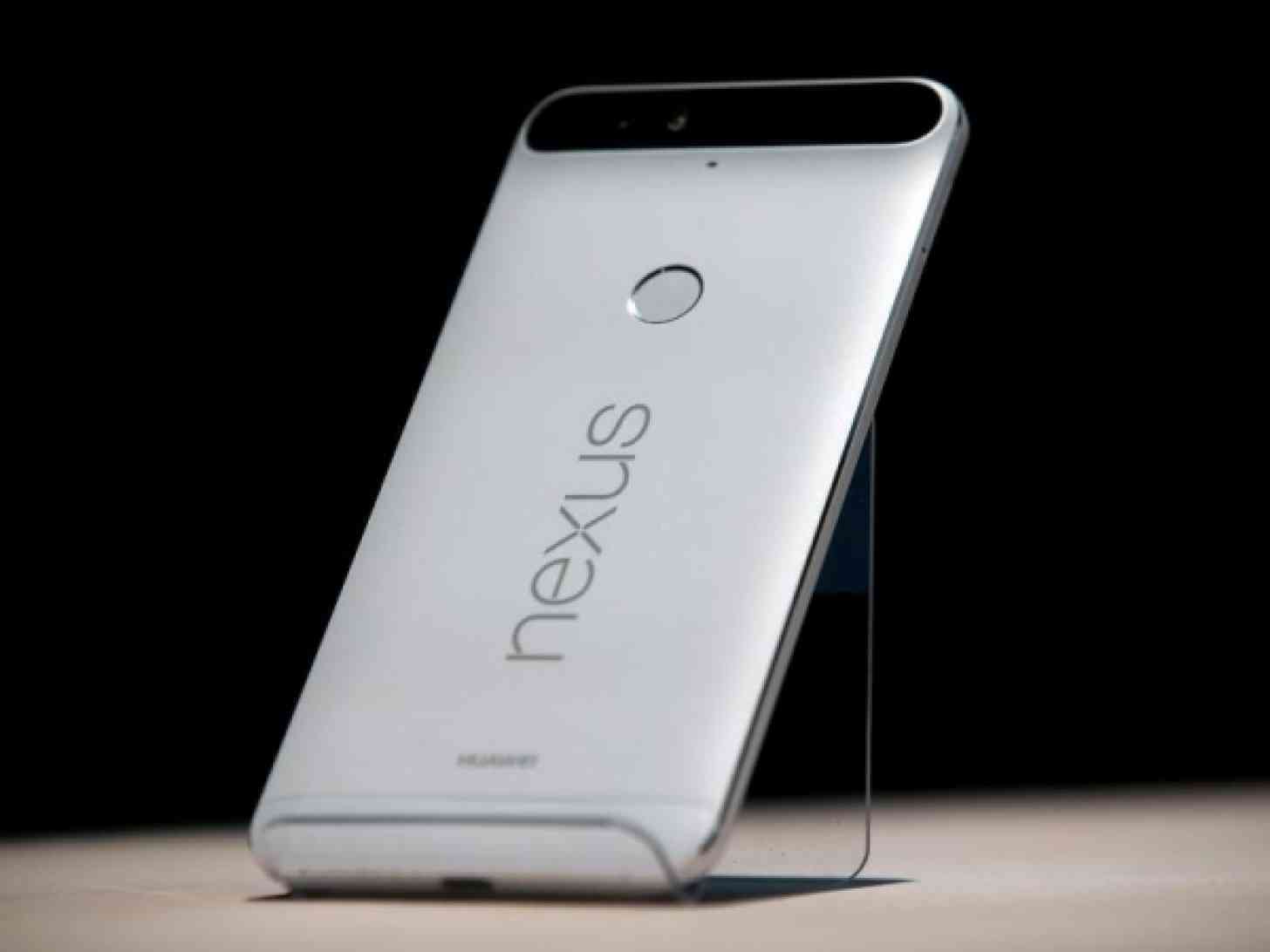
After Google’s Pixel phones were announced a couple of days ago, I experienced a case of déjà vu once I started reading up on the reactions: they were completely and utterly mixed, particularly within the mobile tech community. This was, however, expected, as those who knew about Nexus had become somewhat spoiled once Nexus became known for being a bargain flagship rather than a truly “premium” brand. In turn, this expectation within the community sets up the biggest issue people seem have with Pixel, which is its $649 price tag.
But this isn’t the first time this has happened. Even when Pixel was still just lil’ ole Nexus, prices weren’t always affordable. The HTC Nexus One cost $549; Samsung's Nexus S cost $529; Samsung's Galaxy Nexus cost $649. Then we get to the LG Nexus 4 in 2012, which was priced at a meager $349; yet, the Nexus 4 wasn’t a complete piece of junk, like we might have expected it to be. Instead, it was a rather good phone, particularly for the price. It was at this point that the expectation for Nexus shifted to have both a solid performance and an affordable price tag. These expectations were met the following year when the Nexus 5 was also released for $349, and knocked the Nexus 4 down to an even more affordable $299.
But things got weird in 2014 with the Nexus 6. Not only was the Nexus 6 a behemoth of a phone with a 6-inch display, but it had a matching massive price tag to go with it: $649. Despite the fact that this isn't the first time a Nexus device had a price tag this high, after two years of getting cheap Nexus devices with some pretty rad performance, the Nexus 6's price was unexpected, and unsurprisingly not well-received.
I closely correlate the release of the Pixel with the release of the Nexus 6. When the Nexus 6 came out, I was part of the disappointed crowd at first; however, I quickly realized there wasn’t really a need to be disappointed: the Nexus 5, while a year old, was still a completely relevant phone. While I think Pixel has more room to ask for the $649 given how seriously Google appears to be taking the rebranding, it’s important to note that Nexus isn’t exactly "dead" yet, just like the Nexus 5 wasn't dead once Nexus 6 was official. It’s true that there won’t be any new Nexus hardware to look forward to, but the 5X and 6P are still devices currently worth considering if Pixel just isn’t what you want in a phone.
Google might want you to feel like Nexus is gone considering they took the 5X and 6P down from the Google Store itself, but there are plenty of other channels to go through to get to Nexus. For example, you can still purchase them through Project Fi – and there’s still a wicked deal on the Nexus 5X when purchase through Project Fi with a 1-month activation. For just $199 you can get the 16GB Nexus 5X, or $249 for the 32GB variant. Additionally, you’ll need to purchase at least one month of Project Fi service as well to keep these prices. You can cancel your plan after a month and the discount still sticks. It still ends up being lower than purchasing them almost anywhere else, and who knows? You might find that you like Fi enough to switch. Having unused data potentially refunded to you at the end of each billing cycle is a pretty sweet deal, and if you go over your data you’re charged the same flat rate you would have paid at the beginning of the billing cycle otherwise – no overage charges. Even if you have no interest in Project Fi, however, there are other retailers, such as Amazon, that still stock and sell new Nexus devices as well.
There’s nothing wrong with Pixel costing as much it does. As we can see, it’s really nothing new, even when you factor in Nexus – we just became spoiled and selectively forgot about the fact that more often than not, Nexus was not always a bargain device. With that in mind, the 5X and 6P were a couple of the best Nexus devices to date between performance and affordability, and they’re still relevant and worth seeking out – especially if you want to get in on some of that Nougaty goodness that Android is dishing out for just a fraction of the price of Pixel.